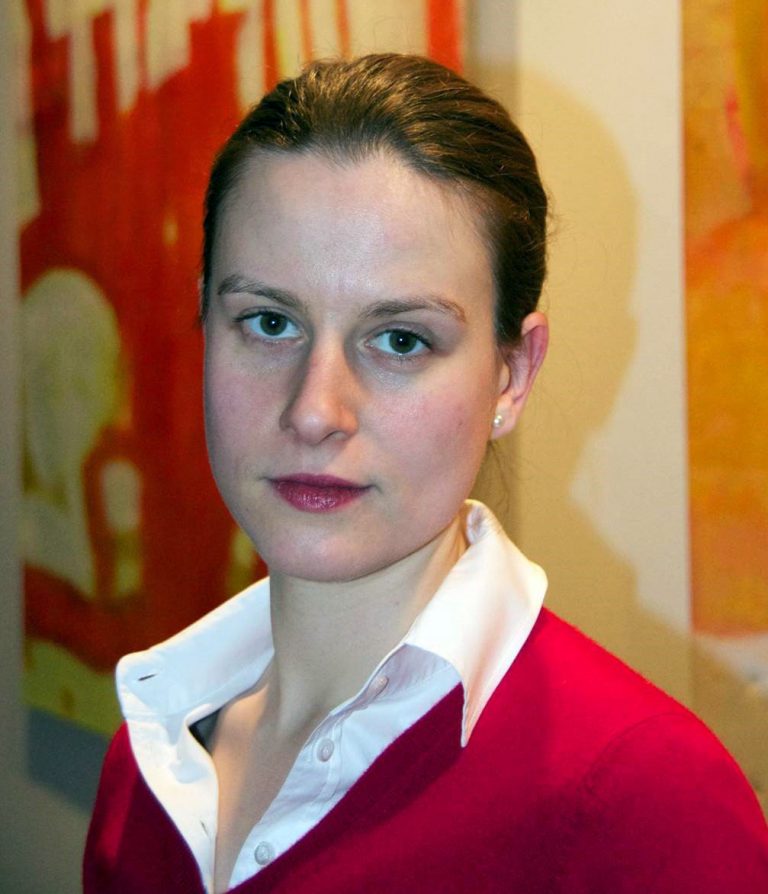Gender discrimination continues to be an issue in today’s work and marketplace, but female style influencers over the age of 50 are changing the landscape of the fashion and beauty industries.
A study recently published in the Journal for the Association of Consumer Research finds that advanced (aged 50-plus) female style influencers use the social media platform Instagram to actively fight gendered ageism rampant in the fashion and beauty industries.

The Social Sciences and Humanities Research Council of Canada (SSHRC)-funded study was undertaken by Schulich School of Business Associate Professor Ela Veresiu in collaboration with HEC Montréal Associate Professor Marie-Agnès Parmentier, who is a York University alumna.
A growing body of consumer research on intersectionality in the marketplace focuses on identifying overlapping oppressive consumer identity categories, such as gender and race. Yet this work tends to prioritize microlevel agency over power relations within structures and practices of domination.
Drawing on the more transformative aspects of intersectionality theory, as well as a focused media and netnographic investigation of the 'Advanced Style' movement in North America, the study examines how advanced (aged 50-plus) female style influencers help transform the ageist and sexist fashion and beauty markets.
Specifically, these women enact two forms of embodied resistance informed by the Western dominant discourse of successful aging (deconstructing gendered and ageist fashion and defying gendered and ageist beauty) using the social media platform Instagram.
"It is inspiring to see regular women turned influencers trying to change not only gender, but also age discrimination in the fashion, beauty, and even influencer markets," said Veresiu.
These consumers-turned-influencers engage in online “styleactivism” demanding designers to create ready-to-wear options for their changing bodies. They equally reject the anti-aging beauty market, opting instead to popularize natural, graying hair, wrinkles, and body scars through their Instagram posts. When selecting brands for collaboration as typical influencers, these 'Advanced Style Influencers' often refuse to be the token senior.
The study concludes with future research directions on the transformative potential of embodied resistance for various doubly oppressive gendered and ageist marketplaces.
“You too can follow the Advanced Style influencers’ consumer activism journeys on Instagram using the hashtag #advancedstyle,” said Veresiu.
Read the study "Advanced Style Influencers: Confronting Gendered Ageism in Fashion and Beauty Markets."
Courtesy of YFile.
